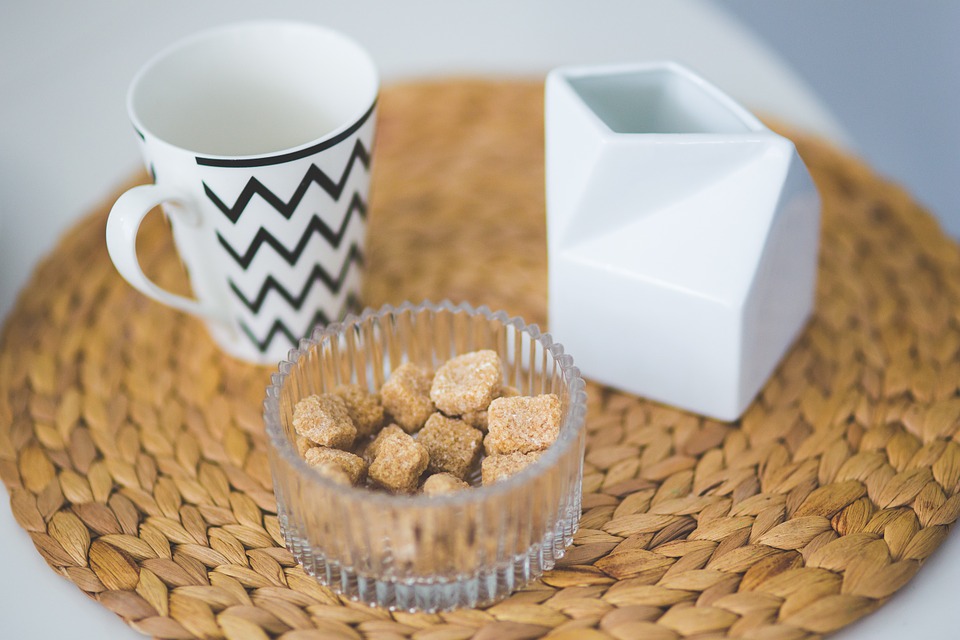The much-awaited monsoons are here as are all the infections associated with the season. After a long summer, the rains bring much-needed relief. The smell of pakoras, samosas, chaat etc. are inviting and mouth-watering. But, stop and think, if overindulgence in all those savouries is worth indigestion later on. Enjoy the season but take care to eat healthy, exercise and maintain personal hygiene at all times.
Foods to be Avoided during Monsoon
- Leafy vegetables should be avoided during monsoons because all the grime and dampness present in them make them prone to germs. Vegetables like spinach, cabbage, and cauliflower should be replaced with bitter gourd, hiya, tori, or tandas and bitter herbs like neem, turmeric powder,r and methi. Vegetables should be washed and cooked well.
- Fruits: The fresh fruit and juices available at roadside vendors are usually peeled and cut beforehand so as to save the time of the customers. Those should, therefore, be avoided to protect oneself from stomach ailments. Fruit and its juices should be consumed fresh at home immediately after peeling and cutting it to prevent contamination through the atmosphere.
- Street food: Chaat etc. should also not be consumed because it maybe the breeding ground for bacteria and insects being left in the open for long times. Roadside Chinese food is to be avoided as well.
- Sea Food should be avoided because fish and prawns breed during this season. But if they are being eaten, they should be fresh and well cooked.
- Fried Food– Humidity slows down the digestion process. Hence, fried foods should be avoided otherwise they may lead to bloating or stomach being upset.
- Fizzy Drinks– They should be replaced with warm water, nimbu pani to help the enzyme activity in the body.
Monsoons can be enjoyed if one keeps track of the following regimen:
- Enjoy a light meal instead of a heavy one and the digestive system would be thankful
- Continue to exercise regularly
- Take care of your personal hygiene as best as you can with anti-bacterial soap.
- Steamed vegetables should be consumed instead of raw vegetables
- Hydrating one’s body is absolutely essential. So drink as much water as you can.
- Eat fruits available in the season and avoid out-of-the-season ones like watermelon and musk melons
- Go for the low-salt food as extra salt leads to water retention and high blood pressure
- Corn, gram flour, chickpea, brown rice, oats and barley are recommended during monsoon
- Garlic can be added to the cooked food to increase the body’s immunity
- Yogurt and almonds can be included in your meals
- Mint or ginger tea is great to keep your system happy and clean.
It is very important to eat healthy and light diet during monsoon. Drinking clean filtered water as much as one can help in keeping one hydrated and the digestive system healthy. The food choices you make and few lifestyle changes can ensure a healthy you in monsoon also.
written by Avni Kaul – Nutritionist and Wellness Coach
One of the Top Nutritionist in Delhi, India


